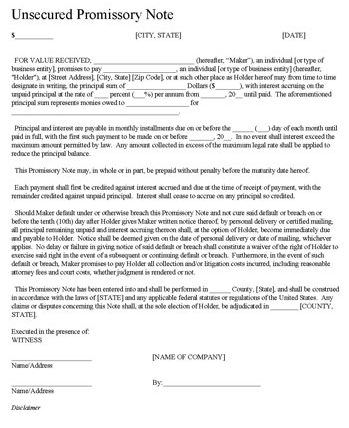When people talk about “borrowing money”, it isn’t entirely accurate. What is really happening is renting someone else’s property. It doesn’t matter if you are talking about credit card debt or student loan debt.

When you borrow money, you are renting someone else's savings. Thinking about the economic relationship this way can make decisions much clearer.
Imagine I own a $100,000 lake cabin. You want to take your family on a vacation this summer, so you approach me and say, “I see you have this piece of property. I’d like to temporarily take possession of it, for an agreed upon length of time (2 weeks), and in exchange, I will return it in the same shape that I originally found it, plus pay you compensation of $1,500.” To me, the owner of the lake cabin, we call this compensation rental income, or rent for short.
Now imagine that you want to go to college, buy a car, or purchase a television. Your personal savings aren’t sufficient to complete the transaction. You approach me and say, “I see you have some savings because there have been years in the past where you spent less than you earned. I’d like to temporarily take possession of some of savings, and in exchange, I promise to return it at pre-determined intervals plus pay you compensation each year.” To me, the owner of the savings, we call this compensation interest income.
In both cases, you are renting something that belongs to me, promising to return it in the future, and giving me compensation for the time during which I can’t enjoy my own asset. While you are in the lake house, I can’t take my family there. While you are spending my savings, I can’t invest it, give it away, or spend it.
How to Think About Borrowing Money
This brings up an important economic truth: Every dollar you borrow represents someone’s savings.
On my end, as the person lending an asset, the price I charge you for renting my property depends on several factors:
- The supply and demand between other property owners and other would-be-renters
- The rate of inflation. I am going to want to get paid at least an amount sufficient so that I don’t lose purchasing power each year.
- A risk premium. How much do I trust you? How confident am I that my property will be returned in the same condition and that you will make good on your promised compensation for using my asset? The safer I feel, the lower the price I charge. The less safe I feel, the higher the price I charge.
- How am I feeling in general? When people are cheerful, they tend to go along with a lot more than when they are worried, stressed, depressed, or fearful.
On your end, as the person borrowing an asset, you have several factors to consider:
- What is the total cost? How much, in annualized terms, am I charging you for renting my property, whether it is a lake house or my savings? Is the price reasonable relative to other people who are willing to rent to you? Am I cheaper or more expensive? Going one step beyond that question, can you afford the price of what I am charging?
- What do you plan on doing with the property you are renting? If you own a business and you are borrowing money to invest in the day-to-day operations, what is the return you plan on earning on the capital? Is it sufficiently large enough over the cost of what I am charging to allow you to earn a profit, compensating you for the risk you are taking?
- What are the liquidity demands I am making? Even if the money is cheap, can you afford the liquidity strain that may occur? Paying back $100,000 is easy if you spread it out over a decade. It is much harder for most families if you spread it out over twelve months. Ultimately, bankruptcy is always caused because there is a liquidity problem; at some point, someone who has borrowed an asset cannot come up with whatever repayment they promised. Many profitable businesses go bankrupt every day. You can be minting money and still go bankrupt. It has to do with liquidity.
Understanding this can transform how you view the world and economy. For people who talk about losing their home to foreclosure, if you rented someone else’s savings to pay the purchase price, and never returned those savings, it was never your home. You can’t lose something that doesn’t belong to you. Every dollar represents a claim check on society that some human being, an individual man or woman, has saved for the future.
[mainbodyad]


